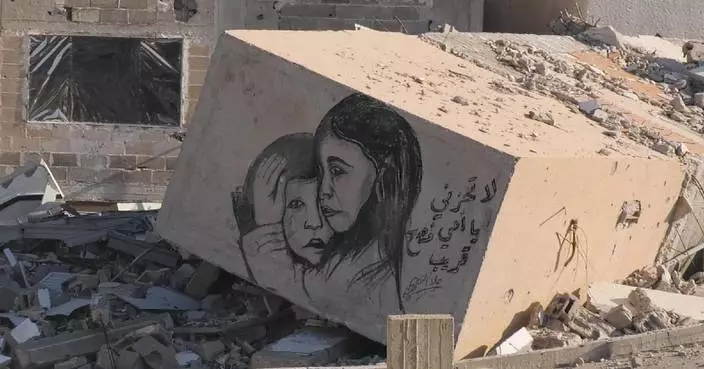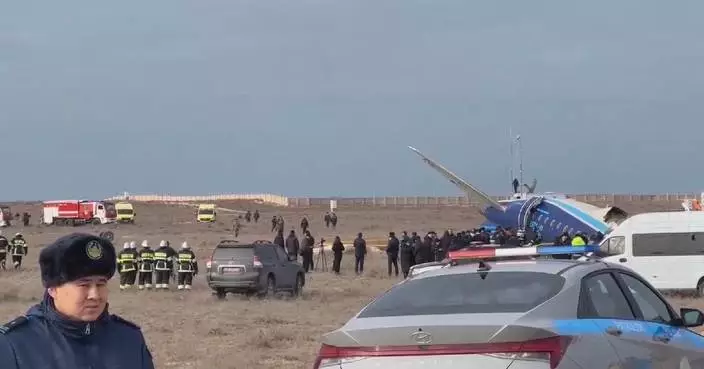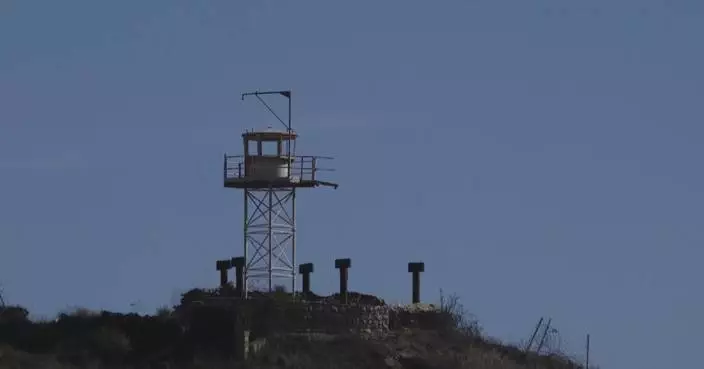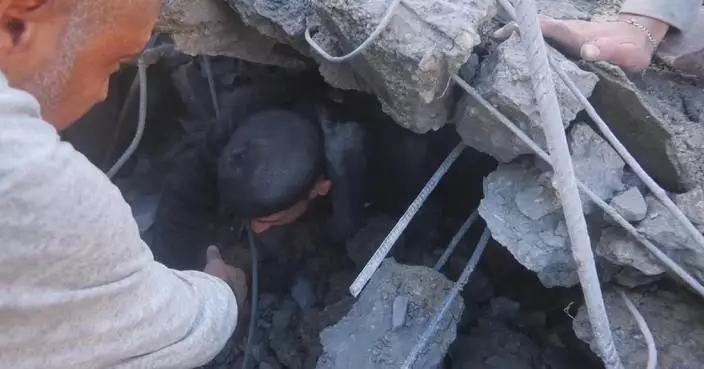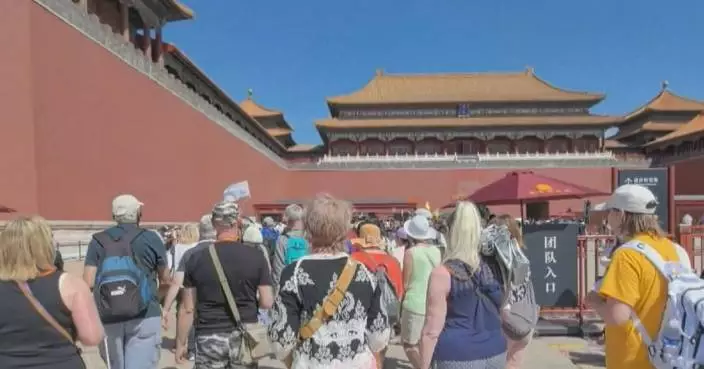Ethiopian Prime Minister Abiy Ahmed on Saturday inaugurated a specialized referral hospital of the national army in Bishoftu town, in Ethiopia's Oromia regional state.
The new hospital, equipped with China-aided medical supplies and supported by China-trained medical staff, is considered the apex of healthcare facilities in Ethiopia.
Abiy noted during the inaugural ceremony that the defense specialized referral hospital is unique in that it is a top-notch healthcare facility equipped with state-of-the-art technologies, which will provide high-quality medical services.
"It has incredible space, quality and technology. Today we can confidently say that this is the best hospital in Ethiopia," Abiy said.
"The Chinese government and its expert teams have made indispensable contribution to the hospital's construction. We would like to thank China as well as the experts who have helped us to build this modern hospital," said Birhanu Jula, Chief of General Staff with Ethiopian National Defense Force.
Covering an area of over 75,600 square meters, the new hospital is set to offer cardiac surgery, organ transplantation and treatment in neurosurgery and oncology, among others.
Over the past five years, Chinese military medical expert teams to Ethiopia has been supplying world-class medical instruments for to the hospital, dispatching professionals to install devices and conduct tests, as well as setting up health information system.
The Chinese side has also trained local medics by experience sharing.
After the opening of the hospital, the Chinese expert teams will continue mentoring, so as to further meet Ethiopia's health service demands as well as make greater contribution to the friendship between two countries.
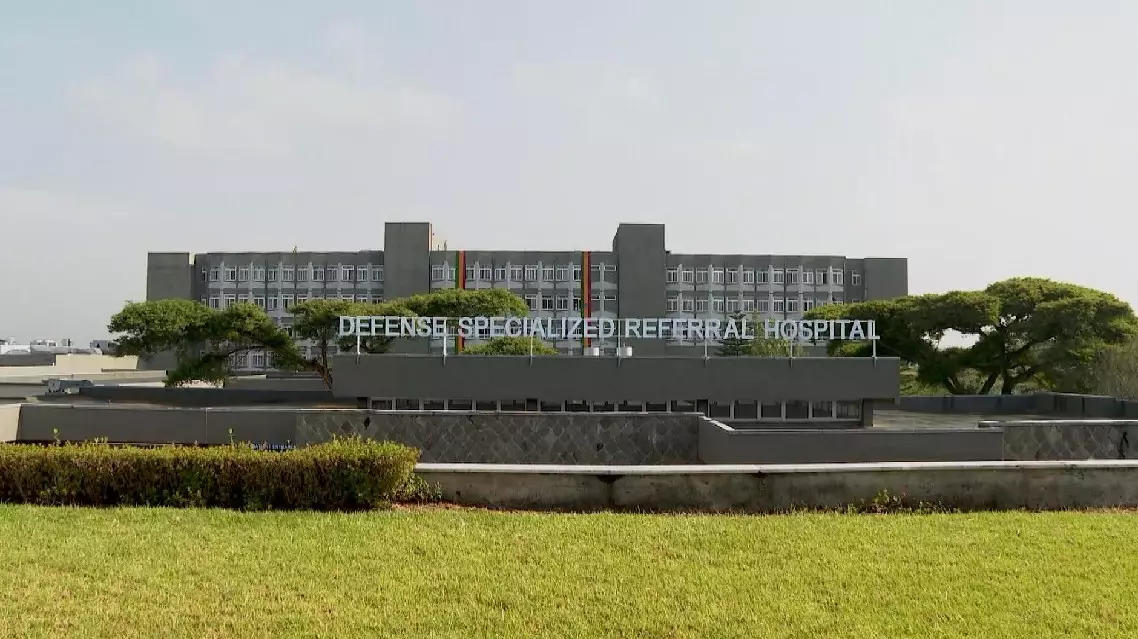
Ethiopian PM inaugurates China-supported military hospital
Both Hamas and Israel issued a statement on Wednesday, trading blame over failure to conclude a ceasefire agreement despite the progress reported by both sides over the past days.
With the mediation of Qatar and Egypt, the negotiations on a ceasefire in the Gaza Strip and a deal to exchange hostages are underway in Doha, the capital city and main financial hub of Qatar.
The warring parties have accused each other of obstructing the ceasefire agreement.
In a statement on Wednesday, Hamas said that the ceasefire and prisoner exchange negotiations are proceeding in Doha with Qatari and Egyptian mediation in a serious manner, and that it has shown responsibility and flexibility.
But Israel has set new conditions related to its withdrawal from Gaza, a ceasefire, a prisoner-hostage exchange, and the return of the displaced Palestinians, which have delayed the conclusion of an agreement that was available, Hamas said Wednesday.
Also on Wednesday, the Israeli Prime Minister's Office issued a statement, saying that "the terrorist organization Hamas is lying again, reneging on understandings already reached, and continuing to create difficulties for the negotiations. Notwithstanding this, Israel will continue tirelessly in its efforts to return all of our hostages."
The blame trading follows a series of positive signs in the ceasefire talks between the two sides.
If Israel did not set new conditions, the possibility of reaching a ceasefire agreement was higher than ever before, Hamas said in a statement on Saturday.
Israeli Prime Minister Benjamin Netanyahu told the Knesset, the parliament, on Monday that the peace talks between the two parties had made some progress.
Israel has been launching a large-scale offensive against Hamas in the Gaza Strip to retaliate against a Hamas rampage through the southern Israeli border on Oct. 7, 2023, during which about 1,200 people were killed and about 250 others taken hostage.
The Palestinian death toll from ongoing Israeli attacks on the Gaza Strip has risen to 45,361, with 107,803 others injured, the Gaza-based health authorities said in a statement on Wednesday.
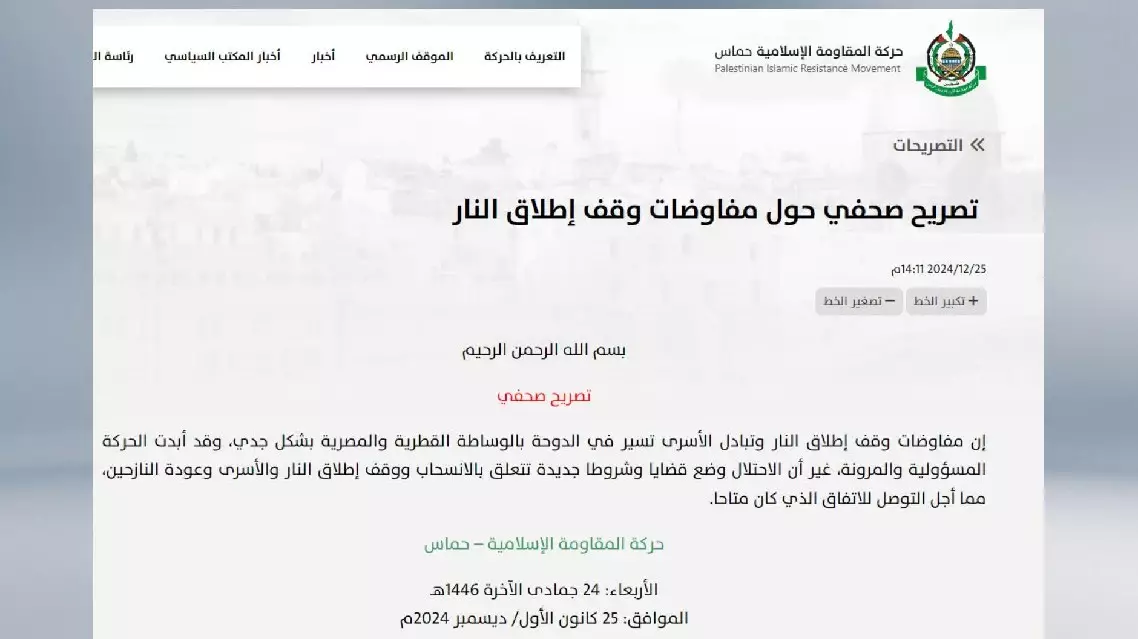
Hamas, Israel blame each other for ceasefire delay




